Social activists from around the world are coming to Marquette, thanks to seniors in the College of Communication and the College of Arts & Sciences.
The activists are visiting as part of the Marquette Democracy Project, which will feature four speakers over the course of several weeks. The program is sponsored by the Office of International Education and the Center for Transnational Justice.
Three of the speakers are confirmed for the project: Fray Tomas Gonzalez Castillo, Clare Byarugaba and Maryam Al-Khawaja.
Fray Tomas, who spoke on Marquette’s campus Feb. 28, is a Mexican friar (fray in Spanish) who lives and works just north of the Guatemalan border. He specializes in migration issues in Mexico regarding immigrants from South American and Central American countries. He is one of the founding members of La 72, a migrant shelter in Mexico dedicated to helping displaced Central and South Americans as they make their way through Tenosique, Tabasco, Mexico, one of the most dangerous areas on the migrant route to the United States.
The shelter focuses on protecting migrants’ human rights and provides humanitarian assistance to those traveling from countries like Guatemala, El Salvador and Honduras to the United States.
Byarugaba is slated to visit March 26-29. She is a Ugandan LGBT activist and feminist, currently working to build Uganda’s first chapter of Parents, Families and Friends of Lesbians and Gays, a program established to offer support to families and allies of LGBT members.
Al-Khawaja will come April 10-12. She is a Bahraini human rights defender who works with the Gulf Centre For Human Rights and the International Service for Human Rights. The Al-Khawaja family was nominated for a Nobel Peace Prize in 2013 by Ana Gomes, an EU Parliament member from Portugal.
A fourth speaker will be named at a later date, and “is supposed to be somebody from the United States,” Barrett McCormick, coordinator of the international affairs major, said. “It is important that people realize that activism is equally important here as it is in other countries.”
Acquiring speakers from other countries is challenging, especially with recent executive orders from the Donald Trump administration that severely limit travel from six majority-Muslim countries.
“I think that the hardest part of getting people here from across the world is the airfare,” McCormick said. “Of course, we’ve kept the executive orders and things in the back of our minds. I believe (Fray Tomas) said that in his many visits to the United States, this was the first time that he was pulled aside and questioned by authorities.”
According to the project’s website, all three confirmed speakers regularly face death threats. This has not yet proven to be cause for concern.
“We’re aware of the situation that many of these speakers are in,” McCormick said. “We aren’t really worried about it. We have security present as we do for all of our speakers.”
Seniors studying international affairs, journalism and digital media are collaborating on this project. In working with Fray Tomas, journalism and international affairs students were given opportunities to interview him throughout the week.
Digital media students were able to work with Fray Tomas across several platforms, including recording interviews with him as well as recording his speaking engagement.
“My digital media production course was brought in on the MU Democracy Project to produce interviews with two democracy advocates, one being Fray Tomas,” Catherine Bell, a junior in the College of Arts & Sciences, said. “I videotaped Fray Tomas’ question-and-answer session with the International Affairs Capstone course and worked with my digital media lab to film a professional interview of him.”
International affairs majors contributed in several ways, as well.
“We were split into two groups,” said Martin Salvador, a senior studying international affairs and economics who worked with the project. “Some of us were making biographical information for press briefings, and some of us were working with the other programs.”
Both Salvador and Xavier Duran-Ballen, a senior political science and international affairs double major, contributed by simultaneously translating what Fray Tomas said. Fray Tomas does not speak English, so the help these two Ecuadorian students provided was invaluable.
“Collaborating across all of the disciplines has been very interesting,” Salvador said. “I got to work at the TV studio, which was awesome.”
McCormick said the project highlights Marquette’s ability to reach out to those around the world and utilize their talents and hard work to enrich our own community.
“At Marquette, we have lots of people who know people around the world,” McCormick said. “Marquette can work in Spanish too.”
The project also provides an educational avenue, as opposed to just social activism.
“I teach about Mexican politics in one of my classes,” McCormick said. “Fray Tomas, for example, has direct personal experience with Mexican politics. He’s an amazing case study for my class to have access to.”
Bell said there is more to learn outside of the classroom.
“This past year, Marquette has brought in several speakers, some more controversial than others, but they all have a voice and perspective vital to our growth as students,” Bell said. “The issue of migration, specifically immigration into the United States, is one that I am passionate about, and I’m glad Fray Tomas was given a platform to provide a perspective on the issue many do not know unless they’ve studied it themselves.”
Fray Tomas said he was simply happy to have the opportunity to come and speak to those who may not know about what he and others have devoted their lives to.
“I believe that this is a great platform for me to advocate social activism,” he said. “I will go wherever I am invited to speak happily.”

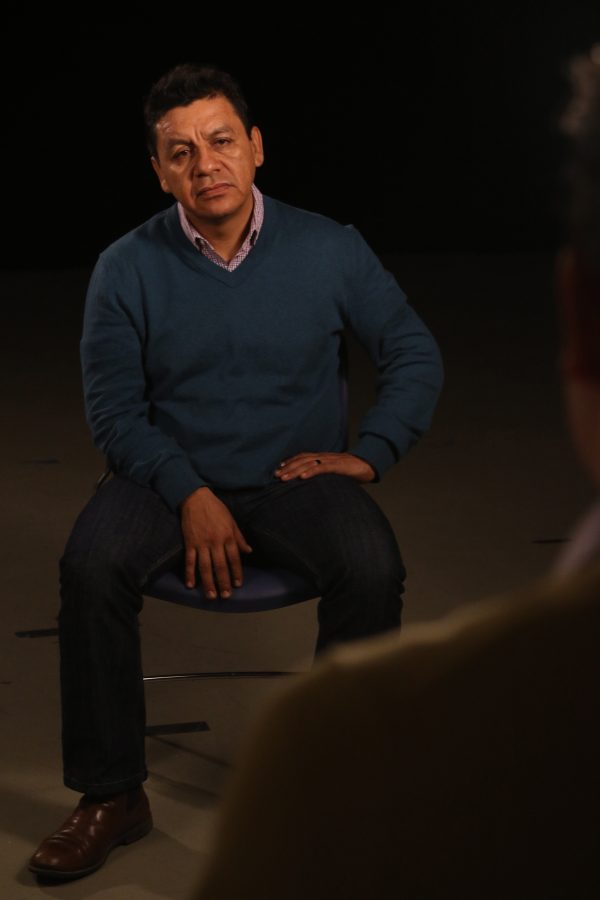

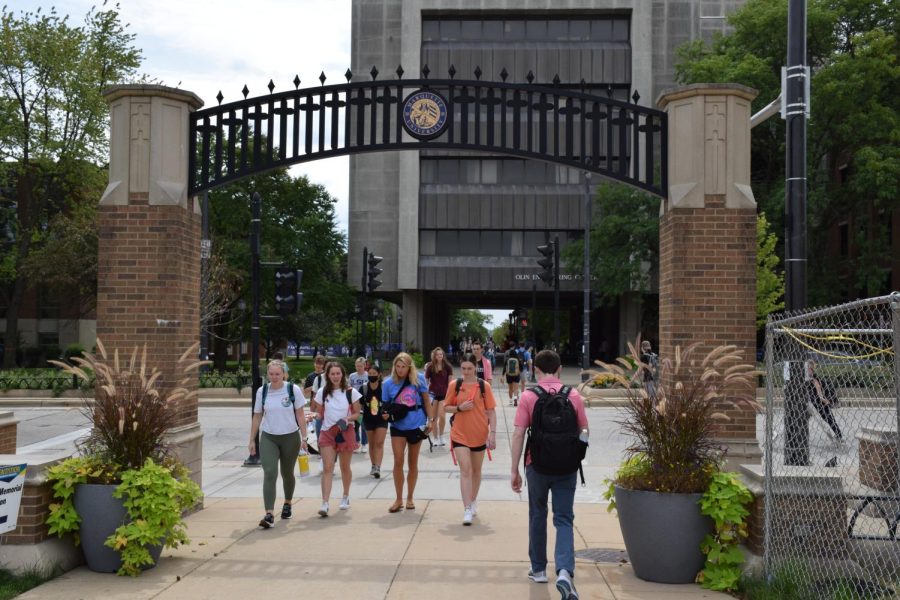
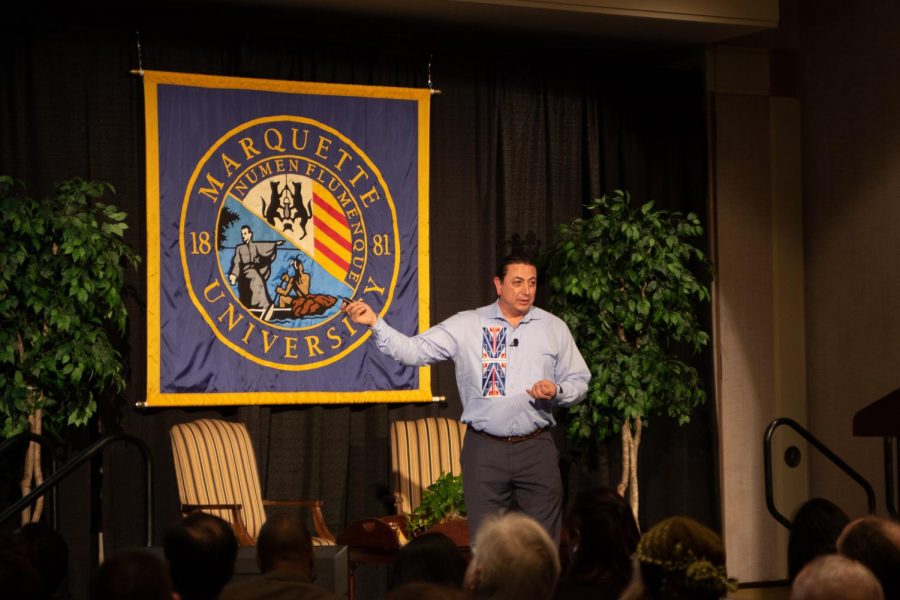
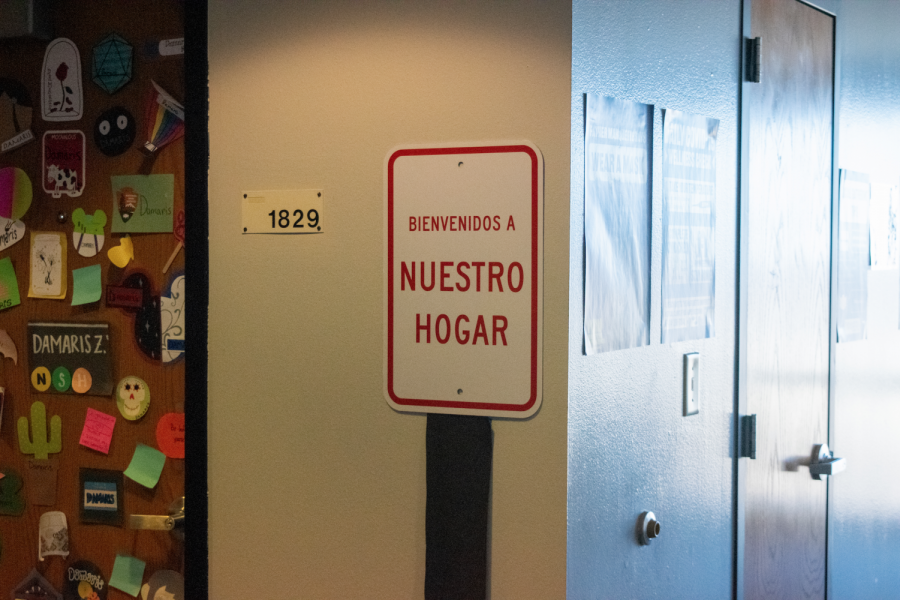
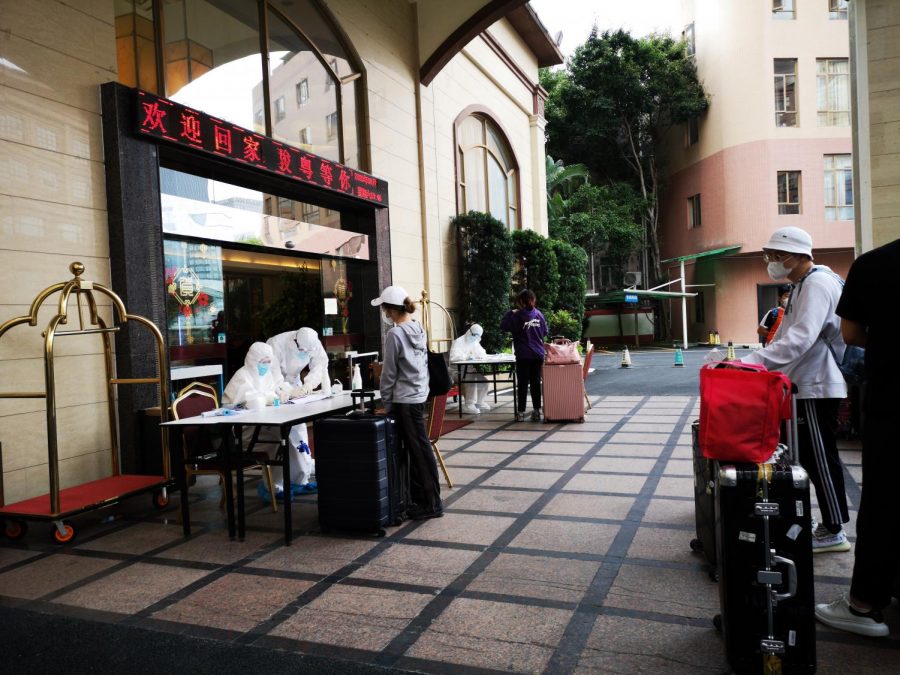
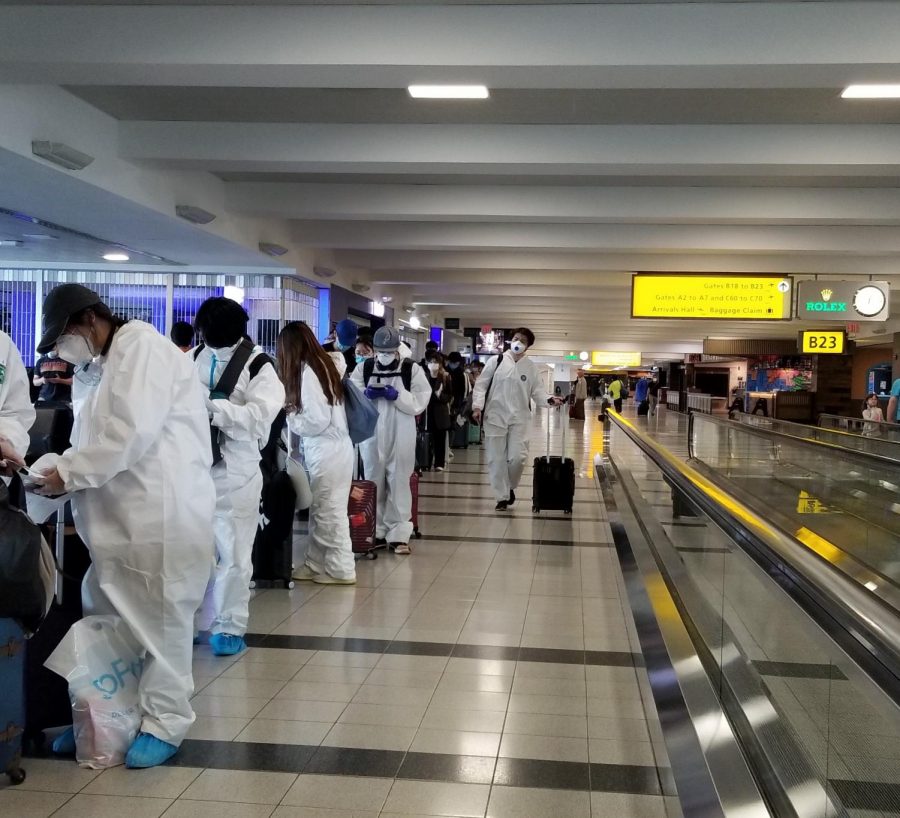
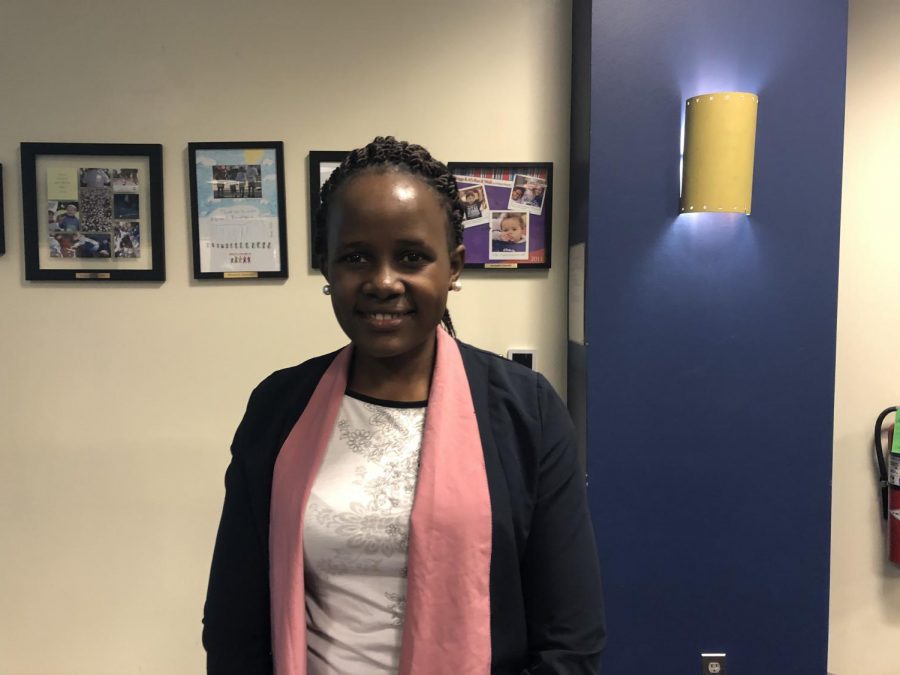
Joe Brown • Mar 7, 2017 at 8:18 am
Nice article, Matthew!